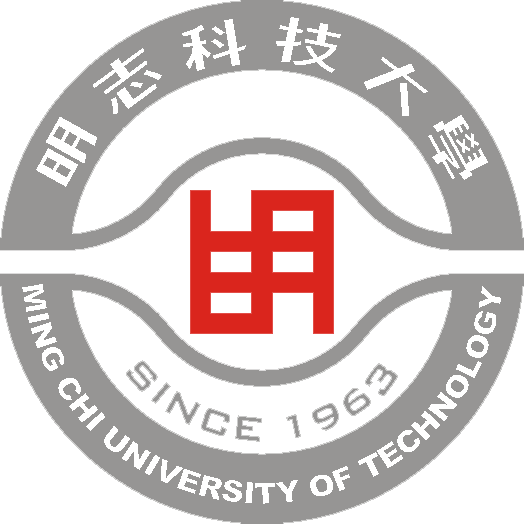Laboratory of Biochemistry and Electrochemistry
Research Field
Umamaheswari Rajaji is a Research scientist/Research Professor at the Research Center for Intelligent Medical Devices, Department of Materials Engineering, Ming Chi University of Technology, Taiwan. She has completed her Ph. D from the National Taipei University of Technology, Taiwan (2019). She has recognized as the World’s top 2% Scientist (2024). Experienced scientist with 10+ years of research and development experience in the field of electrochemical sensors and biochemistry.
Uma’s current research focuses on developing electrochemical biosensor diagnostics technologies for cancer disease and beyond. Her expertise includes, 2D materials, laser induced-graphene electrodes, printed disposable modified electrodes fabrication, electroanalytical chemistry, functionalization and bioconjugation, Wound-healing assay, integrating microfluidic and electrochemical sensor coupled with Point care device (POC). She expertise in developing, optimizing, and troubleshooting laboratory procedures.
The Laboratory of Laboratory of Biochemistry and Electrochemistry carries out basic research into the mechanisms underlying biosensors, wound-healing assay, nanomaterials and biomaterials developments for various biochemistry and electrochemistry applications and interdisciplinary approach in which the methods of Materials Chemistry, biochemistry, Nanotechnology, biomaterials are used in an interactive and collaborative research environment to solve problems of fundamental importance.
It is well known that prevention is better than cure. So, our laboratory focuses on researching noninvasive medical approach and diagnostic methods in order to reduce the incidence or mortality rate for the people who are at the high risk of diseases, like heart diseases, cancers and food toxic related health problems. Our laboratory mainly focuses on three research categories:
(1) Wound-healing assay
(2) Point of Care Diagnostics by Electrochemical biosensors
(3) Non-Invasive Diagnostics for cancer detection
(4). Green energy conversion and Production
We have a number of hospital collaborations and balance our research projects between basic and applied research related to medical diagnostics and biomedical instrumentation. To achieve our laboratory mission, we conduct basic and clinical studies so as to prove the correctness of our concepts. By the use of these research findings, we can develop new medical diagnostic methods and biomedical instrumentations.
Our lab developing following Research topics based on various nanomaterials and biomaterials approach,
(1) Wound-healing assay
(2) Point of Care Diagnostics by Electrochemical biosensors
(3) Non-Invasive Diagnostics for cancer detection
(4). Green energy conversion and Production
o Ranked among the World’s top 2% scientists (168735) in the world by 2024 Stanford University.
o Winning the 2020 Sunshine Scholarship in the Faculty and student research awards for second place from National Taipei University of Technology, Taipei, Taiwan.
o In Honor of Outstanding Performance with CTCI Foundation Scholarship
Award for Excellence in Research in 2019, Taipei, Taiwan.
o “Taiwan Scholarship Award” in the “Student research” category awarded by MOE in “Institute of chemical Engineering, NTUT, Taiwan” during the years of 2016 to 2020
- Doctor of Philosophy (2019) in Electrochemistry, National Taipei University of Technology, Taiwan.
- Master of Philosophy in (2016) Chemistry, St. Joseph’s college, Bharathidasan University, India.
- Master of Science in Chemistry (2015), Bishop Heber College, Bharathidasan University, India.
- Bachelor of Science in Chemistry (2013) Shrimati Indira Gandhi college, Bharathidasan University, India.
1 Vacancy
Job Description
Students need to develop nanomaterials for Cardiovascular disease biomarkers detection and Wound-healing assay
Preferred Intern Education Level
Only PhD students
Skill sets or Qualities
- Wound-healing assay
- Electrochemistry
- Nanotechnology
- microfluidic chip
- Cardiovascular disease biomarkers detection
1 Vacancy
Job Description
Students need to develop nanomaterials for Cardiovascular disease biomarkers detection and Wound-healing assay
Preferred Intern Education Level
Only PhD students
Skill sets or Qualities
- Wound-healing assay
- Electrochemistry
- Nanotechnology
- microfluidic chip
- Cardiovascular disease biomarkers detection
